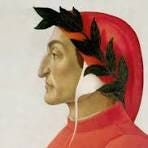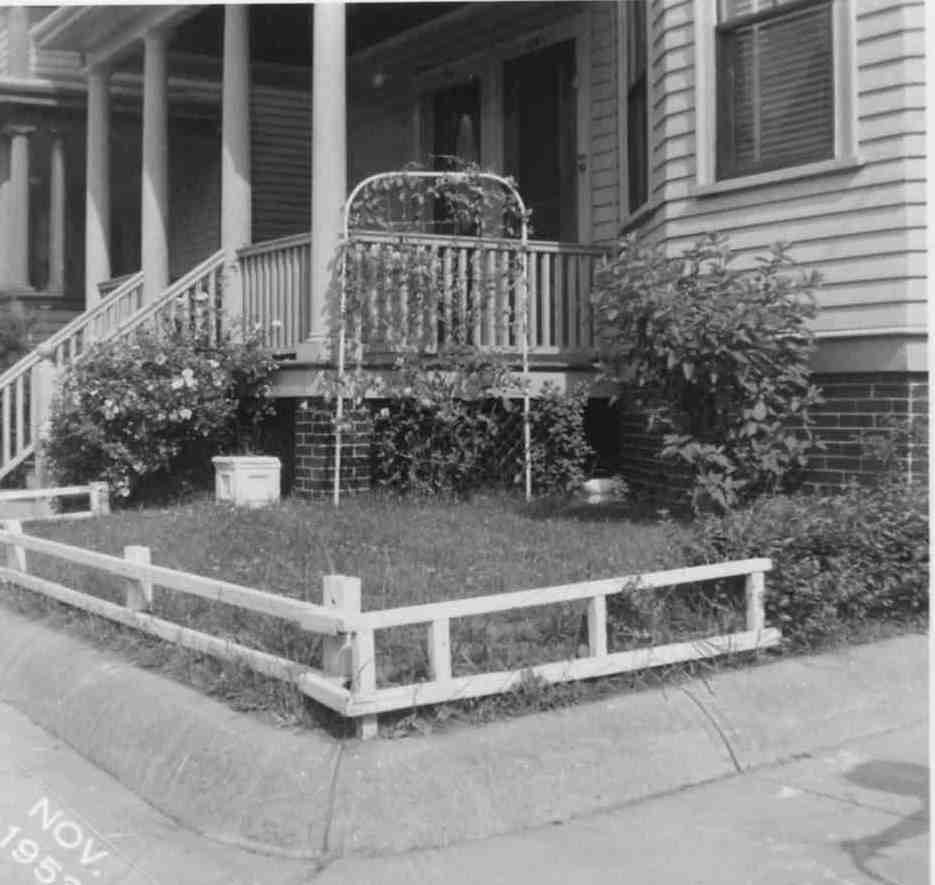No Need to Fear the Dark or the Darkness
"In order for the light to shine so brightly, the darkness must be present" Francis Bacon
Of late, many of you have written, asking me to author a story of hope, especially in these days of world turmoil and a country divided. Many fine writers have addressed this topic with excellent thoughts, crisp writing, and oftentimes a strong message of hope. It would not be easy to improve upon what has been written.
As you may have noticed in my writing, I often harken back to the days of my youth, hoping to find a message that I may carry forward.
What came to mind is the days when I feared the dark (I'm not so sure I’m over it).
In the dark, our senses are limited, and our imaginations run wild enough to conjure up scary scenarios. I feared attacks by a predator; particularly since I watched many menacing movies at The Castle Theater; particularly since my elders told me to watch out for the boogie man, whoever and whatever that was; particularly since I had many a bad dream that startled me from sleep.
My ‘dark’ thoughts coincided with a passage from Dante’s Inferno when he wrote of dark days. Mind you, I am no Dante expert, and I have not been able to get through the entire poem; only passages that interest me.
Like the one in Canto I where Dante finds himself lost in a dark wood on the eve of Good Friday in the year 1300: “Midway in my life’s journey I found myself lost in a dark wood (Nel mezzo del cammin di nostra vita mi ritrovai per una selva oscura, ché la diritta via era smarrita)”.
I love the Italian.
Dante uses vivid imagery and powerful language to convey the despair and hopelessness of those who have succumbed to evil. The descent into Hell is a series of increasingly dark and terrible circles, each representing a different type of sin and its corresponding punishment.
Being lost symbolizes Dante’s moral confusion and the darkness of sin. This sets the tone for the journey.
And so it happened in the days of my youth when I walked home in the dark after our usual Friday night at the movies. And I wasn’t lost. And I had no moral confusion. The march to the theater was safe, but not so returning home.
My home on Wealth Avenue was furthest from the theater, so my friends peeled off along the way. I was alone, and intense moments of fear and near panic assaulted my young brain in the dark.
Our neighborhood was safe. Homes and cars were never locked. Dad left his keys in the ignition when he left his car. Safety was the local tenor rehearsing, piano students practicing, and kids playing hopscotch, stickball, touch football, and hide and seek. Why, my third-grade teacher and a governor’s mother lived there.
A barbershop and a bakery bracketed Wealth Avenue at one end and a row of rental garages at the other. It was a straight city street flanked by comfortably spaced bungalows and two- and three-decker homes whose first-floor doors spilled directly onto the sidewalks.
Sturdy curbstones defined cement squares, embedded at regular intervals with small, commemorative plates to acknowledge the Works Progress Administration (WPA). The sidewalks were lined with high utility poles linked by bowed telephone lines. A netless basketball hoop was nailed to the same pole that was used as the goal for playing hide and seek.
Streetlights were suspended from the middle of the poles, with circular, scalloped metal hats covering the bulbs. When the lights were lit, a yellow haze created dancing shadows on the street.
Familiar. Comfortable.
So, why any fear? Because our home was the last on my walk, leaving me miles and miles and miles before I entered the safety of the entry behind a bulky door.
It was dark and eerily quiet. Now the streetlights cast shadows of fear, dancing goblins, scarecrows, and even ghosts. One of my worst nights was after the horror movie, “Creature from the Black Lagoon.” I was convinced he was lurking in the ominous shadows.
With a pounding heart, I picked up the pace worthy of a gold medal, and, as I sped along, I spotted my home. I had one more danger zone to pass, the tall hedges that protected my grandfather’s garden. There had to be something lurking behind. It couldn’t be the tomato plants or the fig tree. What was that!? The rustle of the wind. Who, what would jump up and over to grab me?
Another quick trip down the endless driveway to the safety of the back door. With another gold medal-worthy turn and a kick, I slammed the door behind me and took a deep breath. The familiar smell of Lysol was comforting.
Anticipating my third gold medal, I bolted up two stairs at a time, opened the door, rushed to my bedroom, took off my clothes, and jumped into bed. No pajamas tonight. “Edward, are you OK?”
“Fine.” I gazed at the shimmering shadows of branches wiggling outside my window. An eternity passed before I drifted.
That house and that rear door were beacons that represented hope. I was not to be lost or beaten upon or taken. I was safe.
I returned to Dante to study his message of safety. To him, a beacon, my home, represented both hope and safety. He wrote:
Facesti come quei che va di notte,
che porta il lume dietro e sé non giova,
ma dopo sé fa le persone dotte. ...
You were like one who goes abroad at night carrying a lamp behind him which does you no good but enlightens those who follow.
His beacon represented salvation. Mine represents hope. Afraid of the dark? Sure.
But I have hope. There is a lamp that will light the day, which will enlighten you.
Don’t be afraid of the dark or of today’s darkness.




Excellent writing Dr. I. These are indeed times in our country when we all have a great deal of fear concerning the uncertainty.
Ed, Truer words were never spoken. I fully agree with you and Larry G in the assessment of Diogenes in that I too am looking for that 'honest man' and have hope of finding him someday. JC Yuill